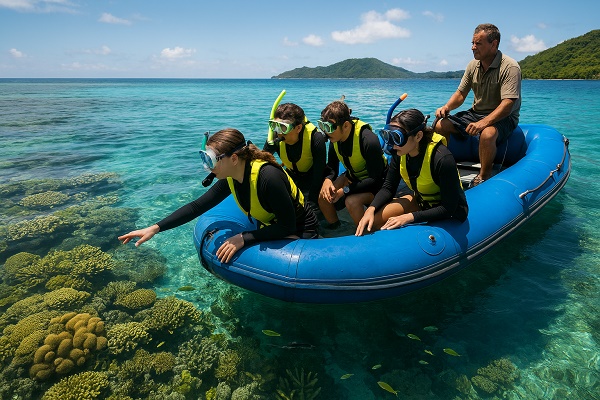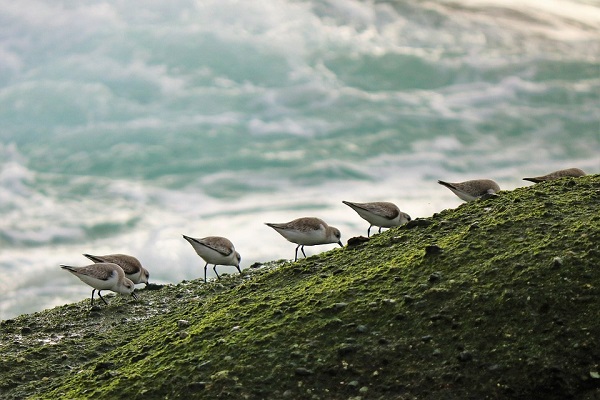Ecotourism: Traveling with a Purpose to Protect the Planet

What is Ecotourism?
Ecotourism is a form of sustainable travel that supports the protection of natural habitats, wildlife, and cultural heritage. It promotes minimal impact on the environment while fostering respect and appreciation for nature. It is often practiced in pristine, fragile, or protected areas such as rainforests, coral reefs, mountains, and wildlife reserves.
Key Principles of Ecotourism
Conservation of Nature: Ecotourism aims to reduce environmental degradation and supports the preservation of biodiversity by promoting practices that do not harm ecosystems.
Community Involvement: It encourages local communities to participate in and benefit economically from tourism activities, empowering them to protect their culture and natural surroundings.
Education and Awareness: Ecotourism includes educational components that inform travelers about the ecological and cultural significance of the destinations they visit.
Low Impact Travel: Tourists are encouraged to minimize their ecological footprint by using eco-friendly transportation, accommodations, and activities.
Benefits of Ecotourism
Environmental Protection: Funds generated through ecotourism often support conservation projects, wildlife protection, and habitat restoration.
Cultural Preservation: It promotes respect for indigenous cultures and traditions, offering tourists authentic experiences while safeguarding local heritage.
Economic Opportunities: By involving local communities, ecotourism creates jobs and income sources, reducing dependency on harmful practices like deforestation or poaching.
Enhanced Visitor Experience: Travelers gain deeper connections and understanding of nature, making their trips more meaningful and impactful.
Examples of Ecotourism Destinations
The Amazon Rainforest offers guided tours that educate visitors about its incredible biodiversity and indigenous cultures.
Costa Rica is known for its extensive network of national parks and eco-lodges that promote conservation.
The Galápagos Islands provide unique wildlife encounters managed with strict environmental controls to protect the fragile ecosystem.
How Travelers Can Practice Ecotourism
Choose eco-friendly accommodations that use renewable energy and sustainable practices.
Respect wildlife by observing from a distance and not disturbing natural habitats.
Support local businesses and artisans by purchasing authentic goods.
Reduce waste by avoiding single-use plastics and practicing responsible disposal.
Follow guidelines set by conservation authorities to ensure minimal impact.
























